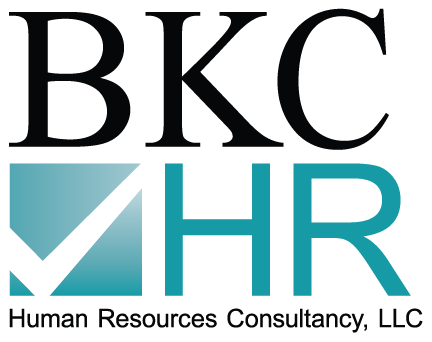SCHEDULE G – SUPPLEMENTAL INFORMATION REGARDING FUNDRAISING OR GAMING ACTIVITIES
Many non-profit organizations supplement their gross income by holding fundraising events. If your organization spends more than $15,000 during the tax year on professional fundraising services, has more than $15,000 of gross fundraising income, or has more than $15,000 of gross gaming income, you must attach Schedule G to the Form 990. If your organization Read More…




